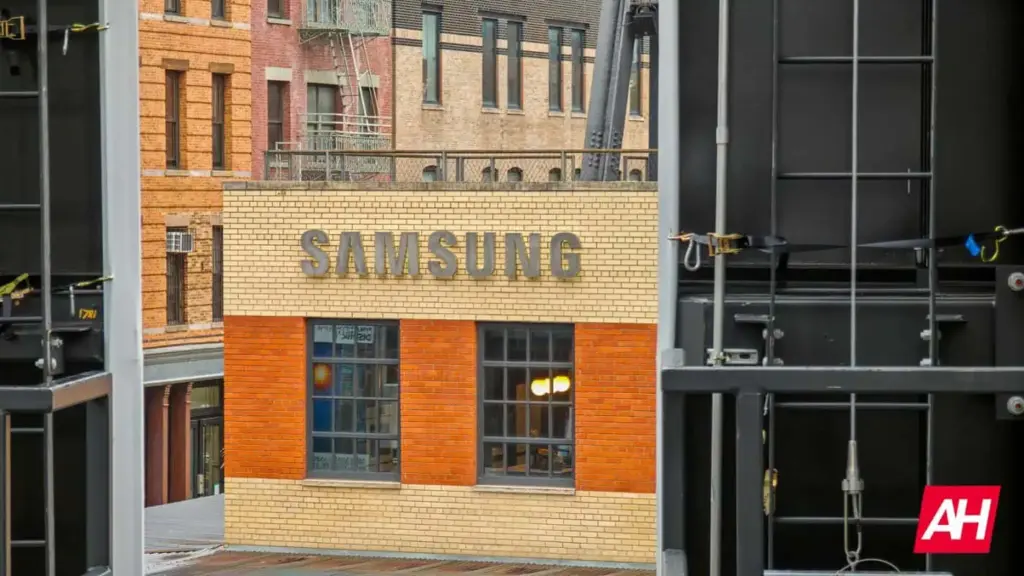
Consumers can expect to pay significantly more for their next smartphone as a result of a substantial price increase in memory components. Samsung has announced steep price hikes on several DDR5 memory modules, primarily driven by heightened demand from artificial intelligence (AI) data centers. This surge in memory costs is likely to affect retail prices of smartphones globally.
Significant Price Increases Announced
According to a report by Reuters, Samsung has raised the prices of various DDR5 memory modules between September and November 2023. Some configurations have seen price increases of up to 60%, marking one of the most notable short-term price hikes in the industry. For example, the cost of Samsung’s 32GB DDR5 module jumped from $139 to $239, while both the 16GB and 128GB modules experienced around a 50% increase.
The primary driver behind this price hike is the overwhelming demand created by the AI sector. Data centers focused on AI are purchasing memory chips in large quantities, often paying a premium to secure their inventory. The resulting panic-buying has outstripped current production capabilities, leading to significant cost increases for these essential components.
Smartphone Industry Faces Ripple Effects
This rise in memory prices has already begun to impact major smartphone manufacturers. Notably, Xiaomi recently announced an increase in the launch pricing of its Redmi K90 lineup. The company’s president, Lu Weibing, confirmed that the rising costs of memory directly contributed to higher retail prices for consumers.
Xiaomi has also issued a warning regarding potential future price hikes if the supply shortage persists. Industry insider, Digital Chat Station, has suggested that flagship smartphones could see price increases of 20% to 30% year-on-year, particularly those utilizing LPDDR5X RAM. Given that memory is a critical component in these devices, manufacturers have limited options other than to pass on the increased costs to consumers.
The situation highlights the interconnectedness of the tech industry, where fluctuations in component pricing can have widespread implications. As the demand for AI technologies continues to grow, the pressure on memory supply chains is expected to persist, potentially leading to further price adjustments in the smartphone market.
Consumers may need to brace for a challenging purchasing environment in the coming months as manufacturers adjust to these new economic realities. With the rise in memory prices and the subsequent impact on smartphones, it remains to be seen how this will affect overall sales and consumer behavior in the tech sector.






